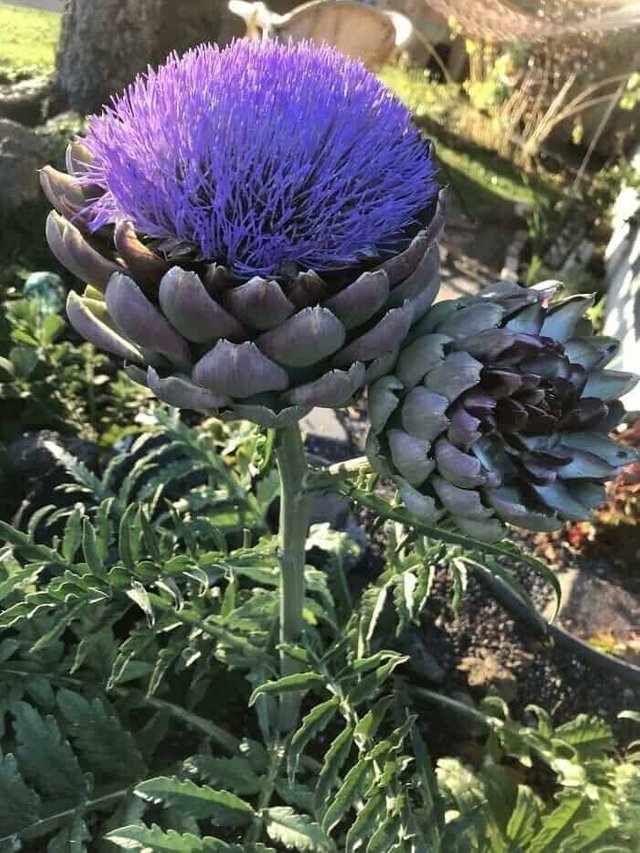Did you hear the shock? Plants can speak ?!

Hello everybody!
Scientists are increasingly making discoveries about the complexity of plants and their amazing abilities. It is possible that plants can actually sense and respond to vibration in sound waves. In a 2017 study, Australian scientists proved that greens “hear” the sounds of water vibrating in their roots, making them drawn to moisture.
Earlier in 2012, under the command of Monica Galliano, the same group of researchers announced that they heard clicking sounds from plant roots. The scientists used a laser vibrometer that was aimed at the roots. They were immersed in water and completely silenced to make sure that the sound was coming from there. Galliano later admitted that although the clicks can come from the roots, it is not known whether they perform any kind of communication function. However, the researcher reported that she once even heard the real speech of plants using laboratory instruments, but this experience is "outside the strictly scientific field."

And while it is too early to ask linguists to compile a plant-Russian dictionary, Israeli scientists have proven that greens are capable of reacting differently to sounds. For example, flowers increased the amount of sugar in their nectar when they heard the hum of a bee. They did this as a reward, the researchers say, for the insects pollinating them. On other insects, the plants seem to be offended. They did not show the same activity, because other insects can simply take the nectar with no benefit.
Acute hearing appears to enable plants to prepare for crawling attacks. When greens hear the sound of chewing leaves (not their own, they feel their own), they begin to produce more chemicals to scare off hungry caterpillars with a nasty taste.
Studies like these have led people to wonder if they can influence plants with specially selected sounds. Qingdao Agricultural Engineering Research Center in China has developed a special device for transmitting waves to seedlings. The creators claim that the device reduced the need for fertilizers and increased the amount of the crop.

David Robinson of the University of Heidelberg in Germany criticizes claims that plants can consciously listen and respond in a special way. Plants do not have neurons that would transmit information through electrical signals, and in general, greens lack thinking machines. However, Brazilian scientists recently discovered that plants have a similar set of chemical and hormonal signals to neurons, which are transmitted through the sap. Thanks to this, for example, the tomatoes informed the whole bush about the beginning of the attack of the caterpillars.

Yet plants cannot train themselves, it seems that all reactions are formed in the process of evolution. One researcher tried to reproduce the work of Galliano and listen to the "conversation" of the roots, but he failed. Robinson does not discount the possibility that plants are smarter than they seem, but believes that we should study their abilities, abstracting from the communication systems of humans and animals. “I think a lot of people are trying to humanize plants to be more like us,” he says. Tony Trevavas, professor emeritus at the University of Edinburgh, says plants can be broadly considered smart because they clearly respond to stimuli, increasing their chances of survival.